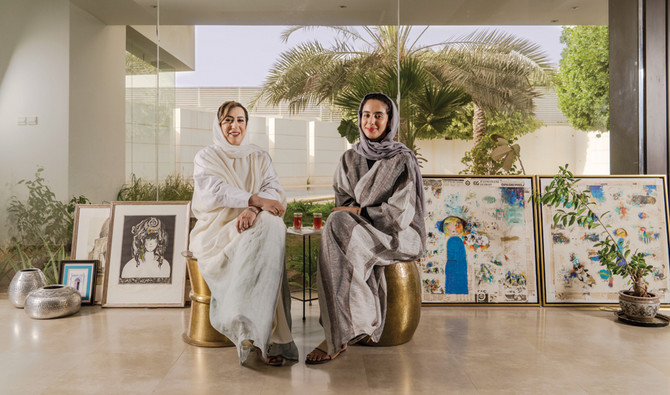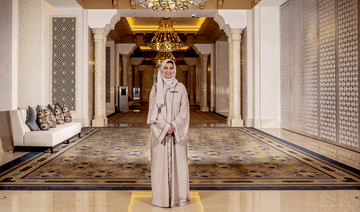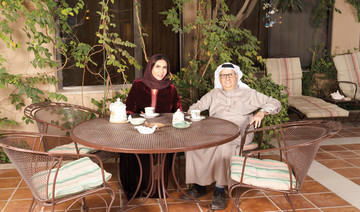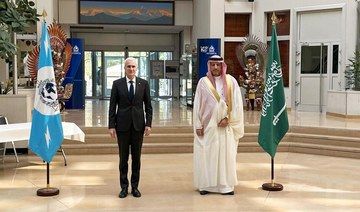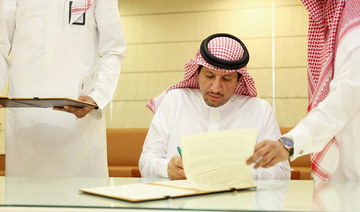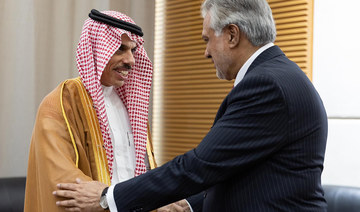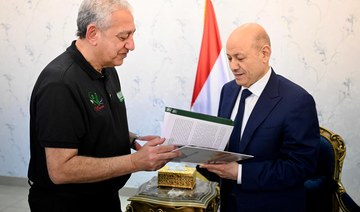“I can’t even draw a straight line,” is what my mother used to tell people about her lack of artistic talent, though she was talented in many other ways. It was for that reason she insisted on providing me with art tutors from an early age. Her original intention might have been simply to develop my drawing and painting skills, but I doubt that she realized the degree to which that early introduction to art literacy would affect other aspects of my life, in a cycle I found myself repeating years later.
I am an epidemiologist and research scientist at King Faisal Specialist Hospital and Research Center in Riyadh. My work revolves around gathering health data from patients, hospitals and communities that are analyzed statistically through field work, studies, observations and other methods to connect the dots. It is really remarkable to be able to look at a table containing thousands of raw numbers and try to decipher the relationships, associations and trends that ultimately lead us to conclusions about how diseases happen, among whom and why they occurred.
It is customary for scientists to look at challenges from different perspectives, which is why design thinking can be a useful tool. Several research centers around the world realize this and have developed artist-in-residence programs in science labs. And this is where, in my case, those years of art lessons have come in handy. Many studies have shown that art education enhances math and science skills — but in addition, art and science can lead to, and enhance, innovation.
Our research is compliant with the health strategies of various health sectors, and so we have a close relationship with health policymakers and clinicians. An important area of research on which I am focused is mental health, which is a growing epidemic.
Recognizing the enormity of the situation and the lack of information about the burden of mental illness in Saudi Arabia, my team and I have been working on the Saudi National Mental Health Survey project, which is based at the King Salman Center for Disability Research, in collaboration with Harvard University, the University of Michigan and the World Health Organization. We have successfully surveyed a large number of Saudis throughout the country, allowing us to get closer to identifying the root causes of mental illnesses in our community, despite the taboos surrounding the conditions. Our project data is being used to drive strategic planning by the Ministry of Health for mental health services.
As parents, my husband and I considered it important to expose our children to art from an early age; I see a pattern repeating itself, as I do for my children what my mother once did for me.
History repeats itself and, like my mother, I have tried to give my children things that were not available to me when I was a young girl. For me, the missing element was sports. Growing up in Saudi Arabia, physical education and varsity sports were not offered in girls’ schools at the time. Fast forward to my first few years as a new mother, and I was terrified of my children growing up living a sedentary lifestyle. So, I enrolled them on a swim team, with which they continued to train throughout their school years. Even though my young ones stopped swimming in high school, I could see them going back to it because it is now available to them.
Saudi Arabia is a changing nation; it is different from what it was during my childhood and one can only be optimistic and excited to see what the future will bring.


